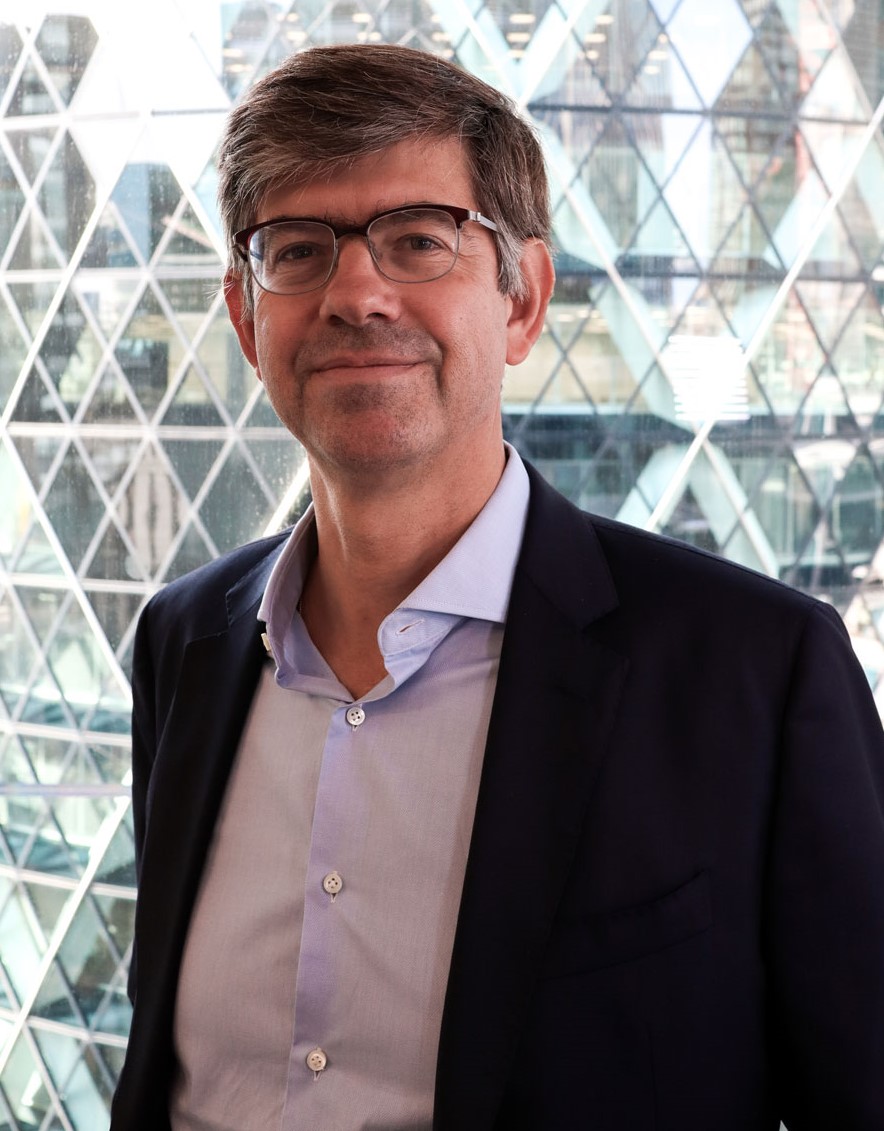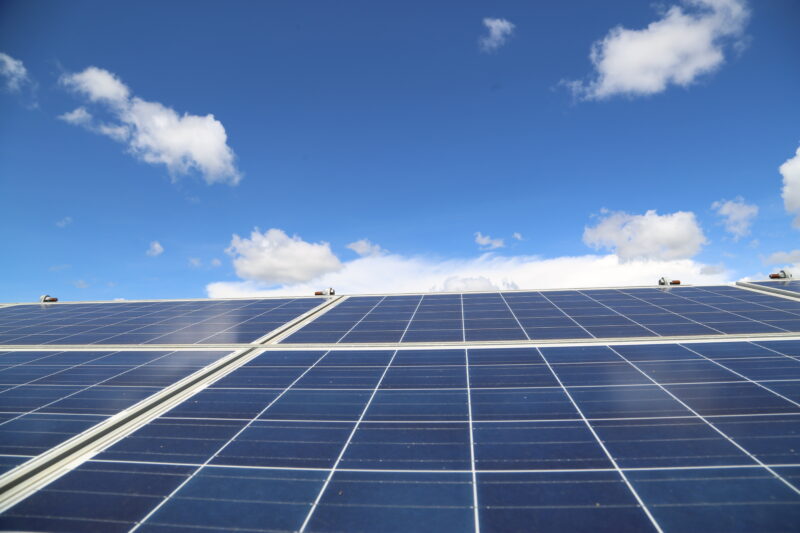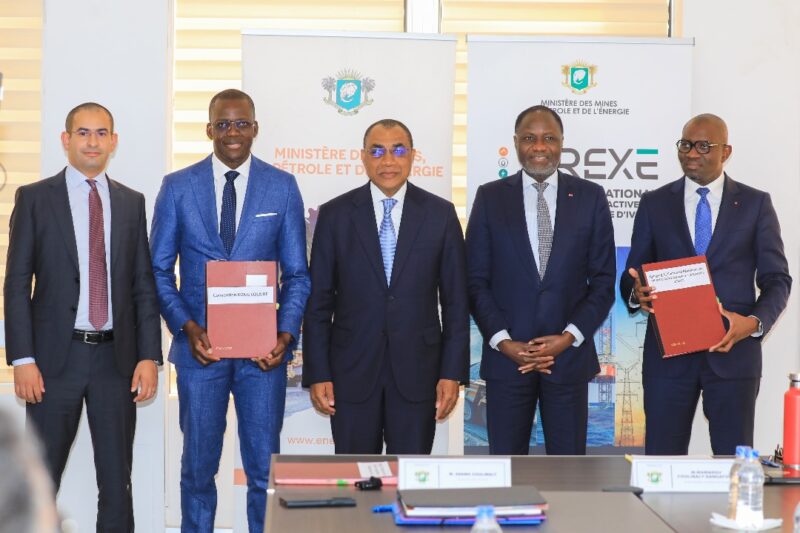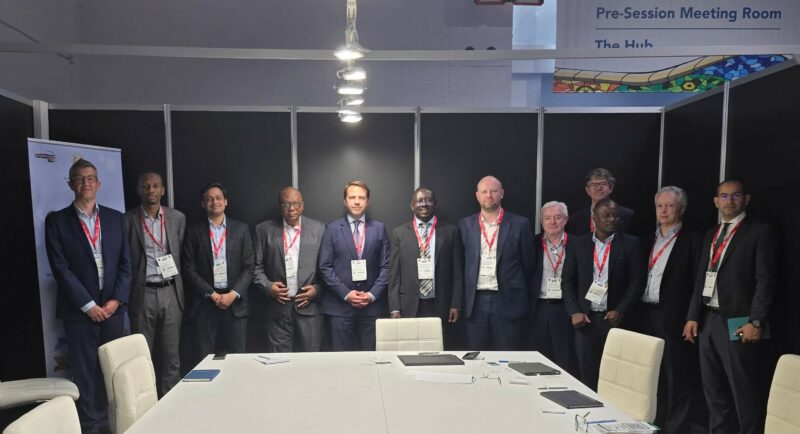COP26: Translating words into tangible, financeable action
9th Nov 2021 | Leave a comment | By Gilles Vaes
Reflecting back on my experience of the COP26 summit, I am keenly aware that this is the final decade we have at our disposal to drastically cut emissions, changing course before we cause irreversible damage to our planet. Achieving the global transition to ‘net-zero’ by 2050 will require Herculean effort but I am convinced that doing so could not be of greater importance for our own and future generations.
Much of the debate leading up to COP26 has centred around climate justice. The sub-Saharan African countries in which we operate contribute a small fraction of global Greenhouse Gas (GHG) emissions[i] and may, quite rightly, argue that achieving net zero is a problem for the carbon-intensive industrialised economies to solve. However, Africa’s population continues to grow, and McKinsey projects that the continent’s demand for electricity alone will quadruple between 2010 and 2040.[ii] It is therefore clear that we will only succeed if every country is able to reach net-zero.
Whilst resetting industrialised economies will not be easy, with the will to do so, these nations can access clean technologies and have established mechanisms to tap into private capital markets to finance the transition. Developing economies do not.
The Paris Agreement on Climate Change explicitly recognises the responsibility of industrialised nations to support the efforts of others to achieve an equitable and just transition to net zero. It also recognises that this transition should occur without compromising the ability of those countries to achieve the wider UN Sustainable Development Goals (SDGs).
Industrialised nations have pledged US$100 billion per year to this work,[iii] but turning that pledge into tangible action is the challenge we now face.
The large stimulus packages being arranged by governments in response to the COVID-19 pandemic provide an unprecedented opportunity to accelerate this fundamental transition and private finance also has a vital role to play. But if it is to affect real change, this money needs somewhere to go.
So what is InfraCo Africa doing to help?
As part of the Private Infrastructure Development Group (PIDG), InfraCo Africa is funded by the people of the UK (through FCDO), the Netherlands (through DGIS) and Switzerland (through SECO). We are mandated to use these public funds to push the boundaries of infrastructure development across sub-Saharan Africa, attracting private sector partners and investors to expand provision, not only of basic infrastructure such as clean power and water, but of new technologies including battery storage, electric mobility, solar powered irrigation and energy-efficient logistics. Projects which not only mitigate climate change by reducing emissions but which also support vulnerable communities as they adapt and build resilient economies.
-
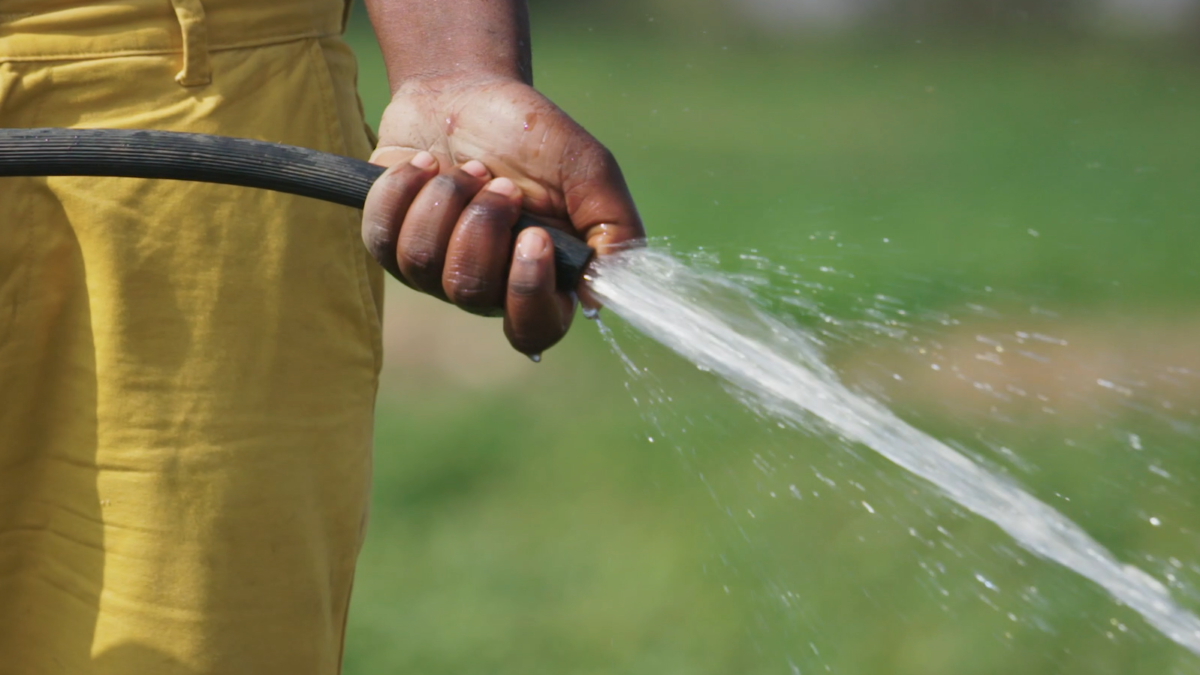
Building climate resilience through irrigation -
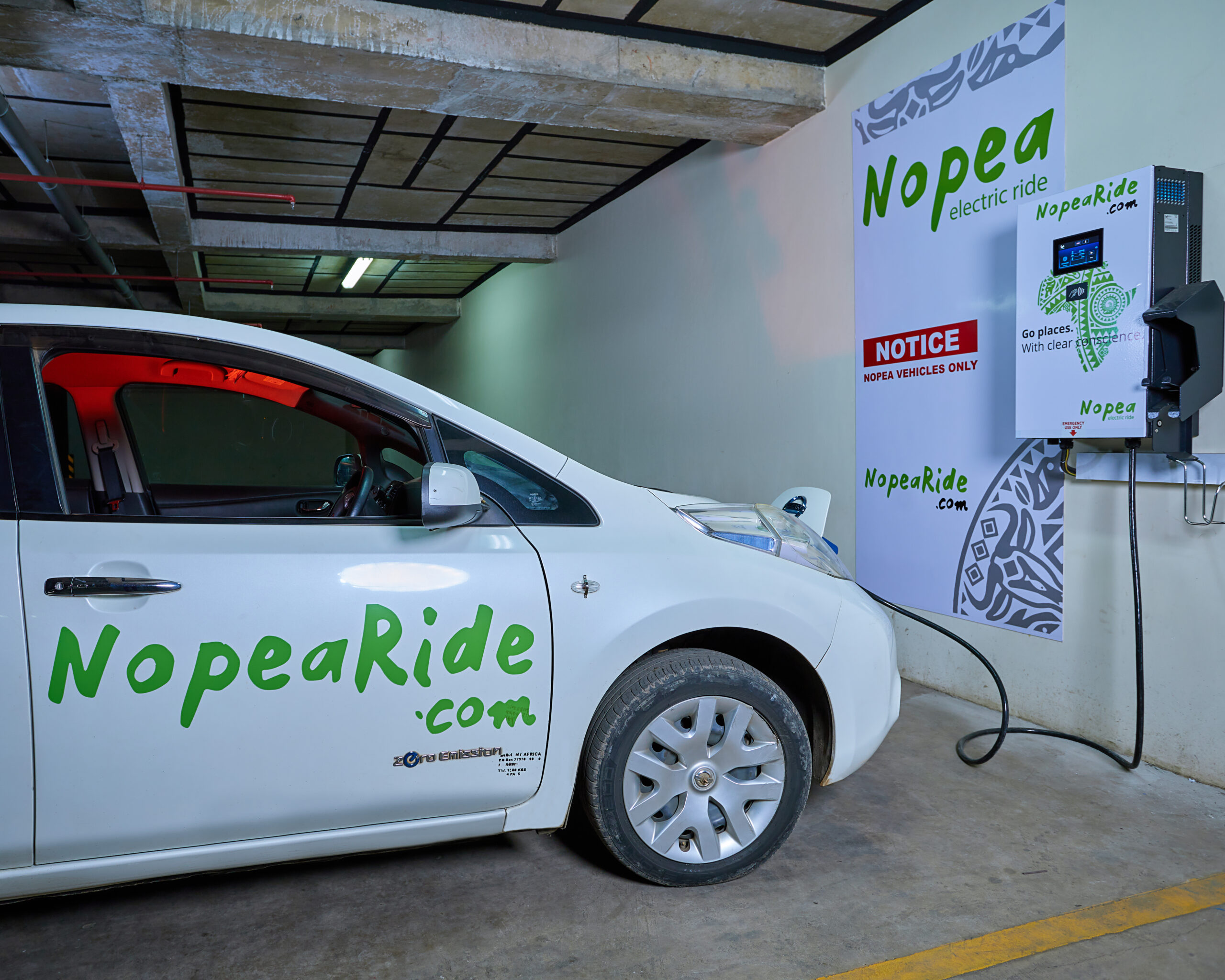
Improving air quality with electric vehicles
By working with private sector partners to de-risk our projects, we prove the viability of new ‘green’ technologies, build local stakeholder capacity, and support the development of new regulatory frameworks. We demonstrate the value of high-quality infrastructure which adheres to Health, Safety, Environmental and Social best practice and addresses compliance and gender equity. Once a solar power plant, off-grid energy utility or EV business is operating at scale, we can exit – selling our stake to the private sector and recycling these funds, and any profits made, into new projects.
-
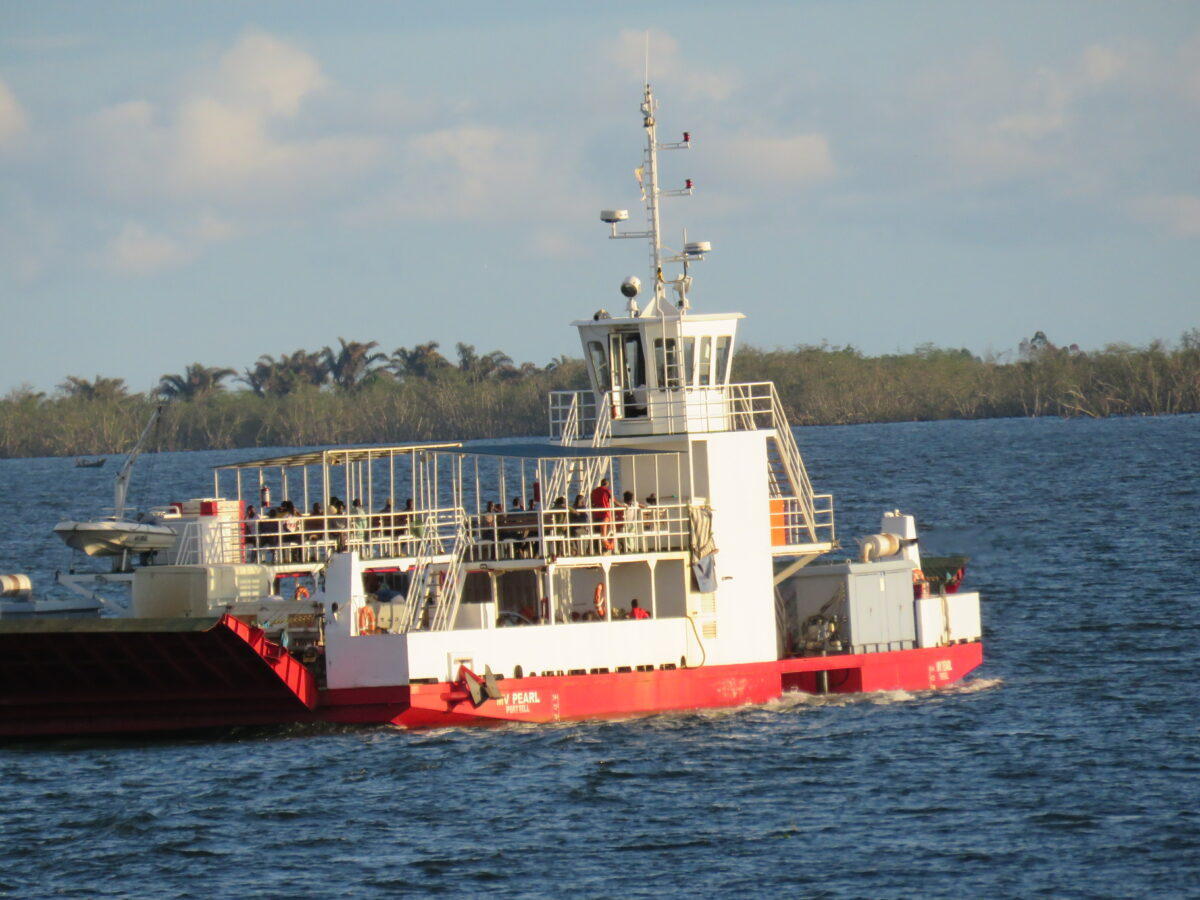
Pioneering new services and innovative technologies -
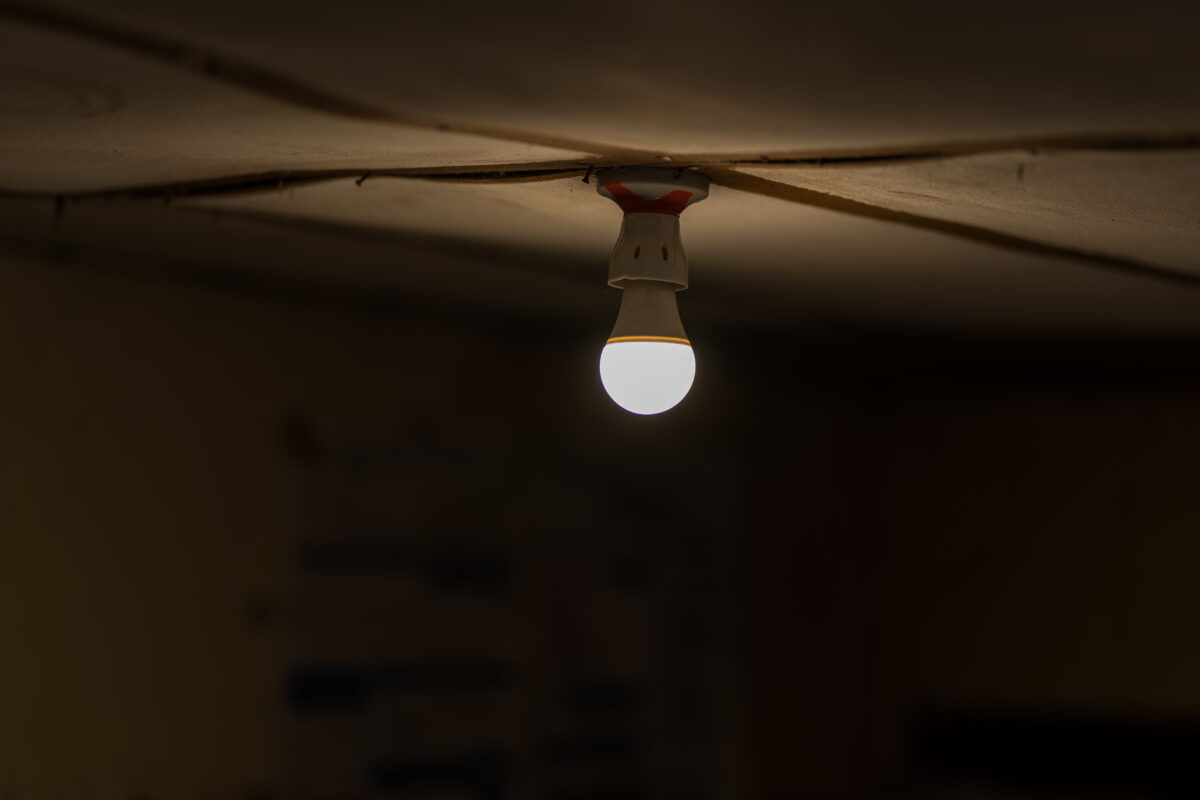
Providing clean, first-time access to power
We are, however, acutely aware that adopting a project-by-project financing approach will not be enough to tackle the climate crisis at the scale, which is required, nor can it hope to meet Africa’s growing infrastructure gap[iv] and achieve the SDGs by 2030.
So how do we mobilise more funding for sustainable infrastructure?
To deliver high-quality infrastructure at the required scale, it is necessary to unlock hitherto untapped sources of funding – for example domestic pensions and insurance funds – and to attract investment from investors keen to profit from sub-Saharan Africa’s extraordinary growth potential. Those investors are increasingly seeking investments that mitigate against increased GHG emissions and which are resilient to future climate shocks. Understandably, these institutional investors also seek a proper risk/reward profile.
To address this challenge, InfraCo Africa has expanded its investment capability. So far, we have supported InfraCredit Nigeria, a guarantee facility designed to make infrastructure projects more attractive to the country’s institutional investors and are working to establish a similar entity in Kenya. We have also supported Acorn Holdings to demonstrate the value of Real Estate Investment Trusts (REITs) in Kenya’s capital markets. REITs offer a tax efficient means of raising capital whilst enabling Acorn to scale quickly, delivering quality student accommodation built to IFC-EDGE green building standards. We are also supporting the development of Africa GreenCo, an innovative renewable energy trader and service provider which has the potential to transform Zambia’s renewable energy market.
-
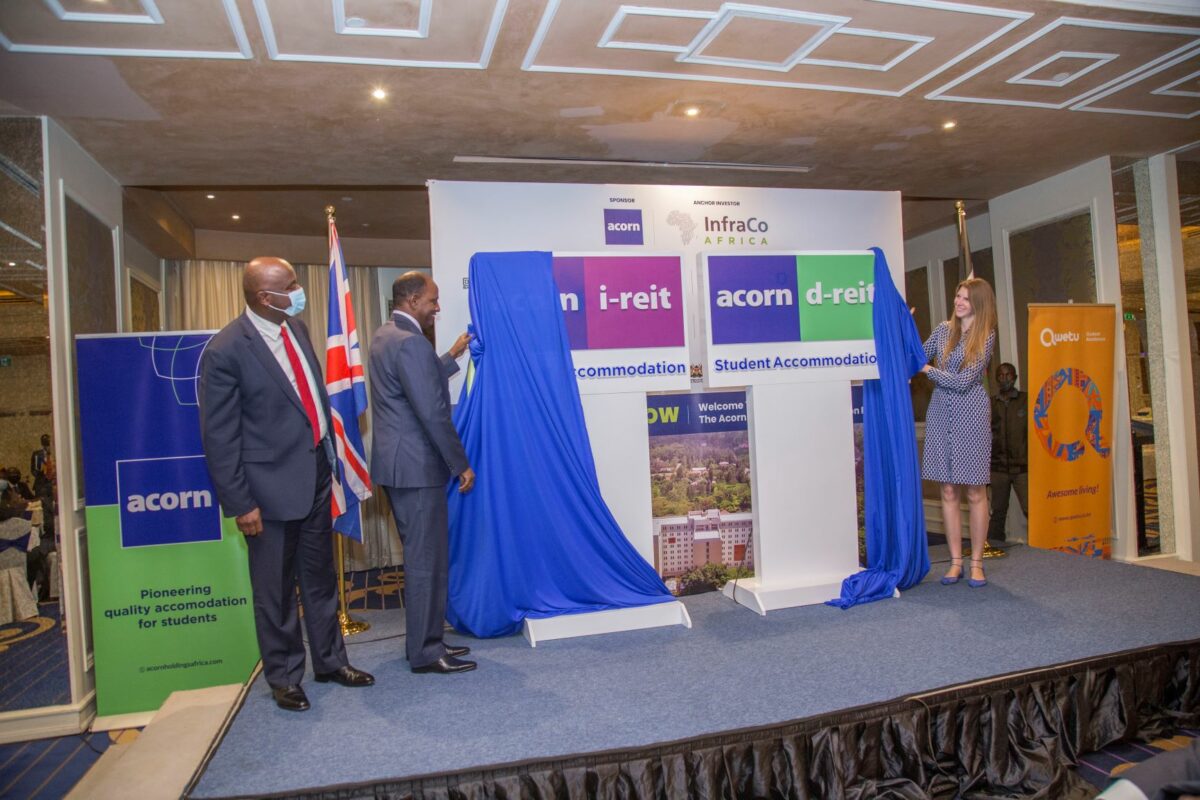
Strengthening capital markets -
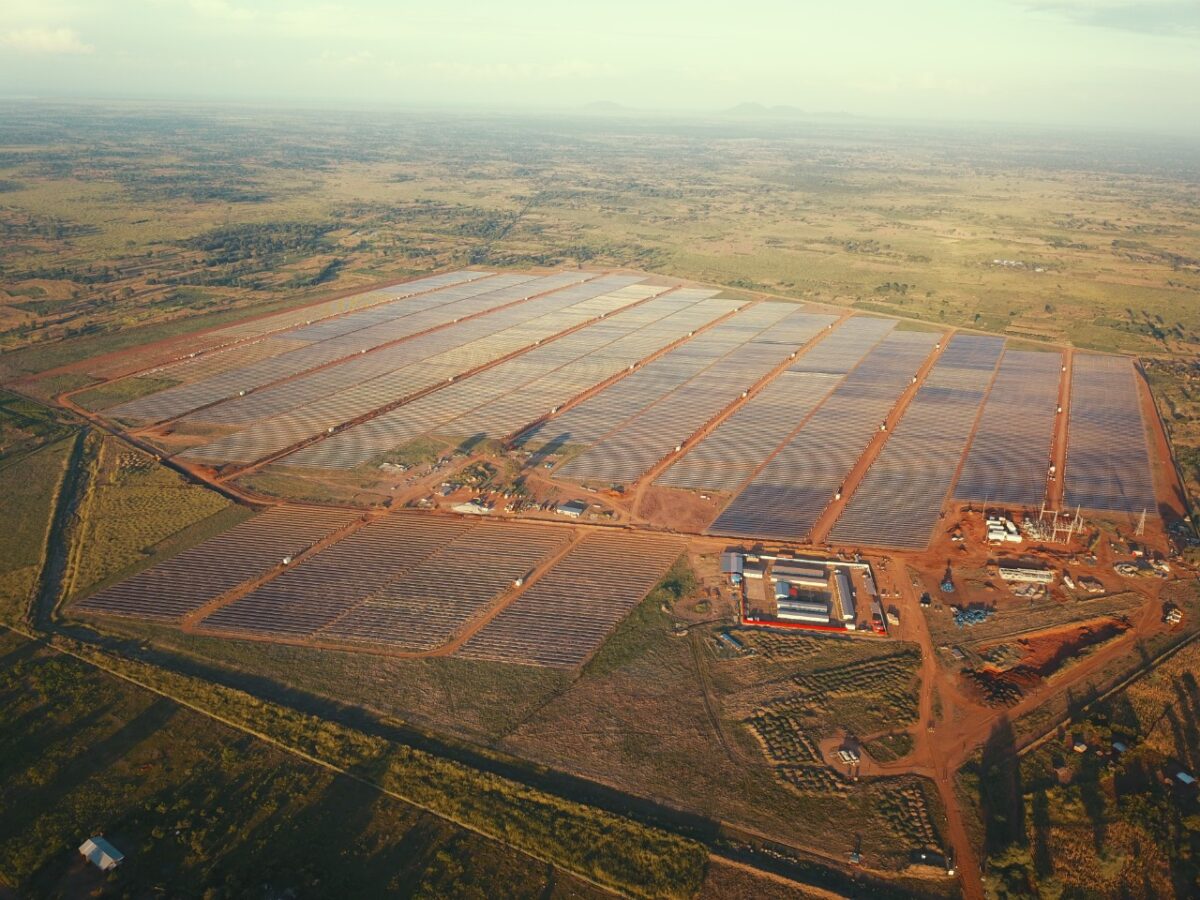
Transforming energy markets
And we haven’t stopped there…
We are now working with Helios Investment Partners to establish a c.US$300m pan-African fund which will invest into inclusive infrastructure and businesses that contribute to the fight against climate change whilst also working towards achievement of the SDGs. The fund seeks to match growing demand from domestic and international investors for sustainable investment opportunities with the expansion of access to essential infrastructure services for African communities which are increasingly susceptible to the impacts of climate change. By serving as an exit route for some of our own and other developers’ high-quality projects, the new fund will also enable development finance to be recycled into new projects more quickly, accelerating access to vital infrastructure on the continent.
As for any investment, investors need to know that the money they commit will have a swift and measurable impact and that they will secure a return. Our proven track record in developing on- and off-grid renewable energy and clean transport projects in Africa’s emerging and frontier markets means that investors can be confident that the fund is truly focused on addressing climate change – no greenwashing – and that it will leave no-one behind, something that we are extremely proud of.
So where do we go from COP?
I began this piece by discussing climate justice. Both morally and rationally, industrialised nations must support the efforts of developing countries to transition to net-zero in a just and equitable way. PIDG and its Owners – the governments of some of those industrialised nations – are working together to do just that. Our mandate is to attract private sector capital into countries, markets and technologies that are perhaps deemed ‘too high-risk’ today. Backed by public funding, we can invest to develop investor confidence so that they won’t be deemed ‘too high-risk’ tomorrow.
As delegates leave Glasgow, we are intensifying our efforts on the ground to develop bankable, climate-resilient infrastructure solutions to ensure that any finance pledged can be harnessed quickly to drive down emissions and achieve the wider SDGs.[v]
[i] https://data.worldbank.org/indicator/EN.ATM.CO2E.PC?end=2016&locations=ZG-US-8S-CN&start=1960
[ii] https://www.mckinsey.com/business-functions/operations/our-insights/solving-africas-infrastructure-paradox
[iii] https://unfccc.int/sites/default/files/resource/climate-finance-roadmap-to-us100-billion.pdf
[iv] https://www.mckinsey.com/business-functions/operations/our-insights/solving-africas-infrastructure-paradox#


